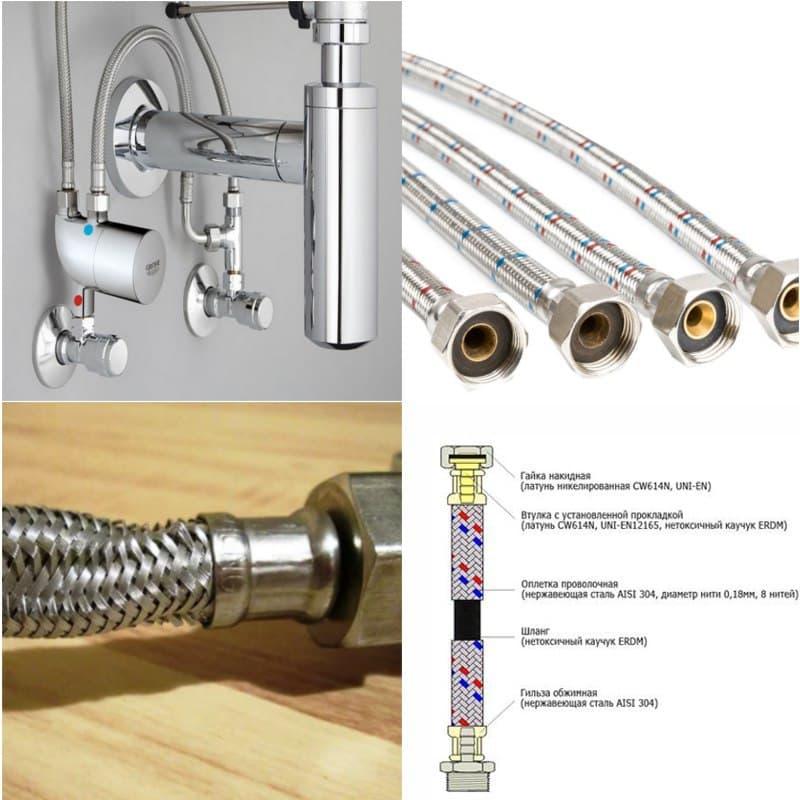
What causes hose leaks?
While most of your engine is mechanical, hydraulics play an important role. You will find that fluids work in a wide variety of areas. Your vehicle's fluids include:
- Machine oil
- Transmission fluid
- Coolant
- Power steering fluid
- Brake fluid
- Washer fluid
All of these fluids must be transported from one place to another in order to do their job. While some fluids work primarily inside an engine or other component (such as oil or transmission fluid), others do not. Consider engine coolant - it is stored in your radiator and expansion tank/reservoir, but has to move from there to the engine and then back. Power steering fluid is another prime example - it needs to be pumped from the power steering fluid reservoir on the pump to the rail and then recirculated again. Hoses are required to move fluid from one area to another, and hoses are subject to wear. Over time they will rot and need to be replaced.
Hose leaks and their causes
Hose leaks are caused by a number of different factors. Primary is warmth. The hoses in the engine compartment are regularly exposed to high temperatures both inside and outside. For example, coolant hoses must carry heat away from the engine as well as heat away from the coolant itself.
Despite its elasticity, rubber (the basic material for all hoses) degrades. Exposure to high temperatures causes the rubber to dry out. When dry it becomes brittle. If you've ever squeezed a worn hose, you've felt the "crunch" of dry rubber. Brittle rubber can't handle pressure or heat and will eventually rip, tear, or at least disintegrate to the point where you'll have a splatter hole leak.
Another reason is contact with a hot or sharp surface. A hose that is the wrong size or kinked in the wrong position can come into contact with sharp or very hot surfaces in the engine compartment. The sharp sections of the hose wear down, essentially cutting through the rubber (fueled by the vibrations of the running engine). Hot surfaces can melt rubber.
Finally, when you combine pressure with exposure to heat, you have a leak recipe. Most hoses in your engine carry pressurized fluid, including hot coolant, pressurized power steering fluid, and pressurized brake fluid. After all, hydraulic systems work because the fluid is under pressure. This pressure builds up inside the hose, and if there is a weak spot, it will break through, creating a leak.
Hose leaks may have nothing to do with hoses at all. If the leak is at the end, the problem may be the clamp that secures the hose to the nipple or inlet. A loose clamp can cause a very serious leak without any damage to the hose.
